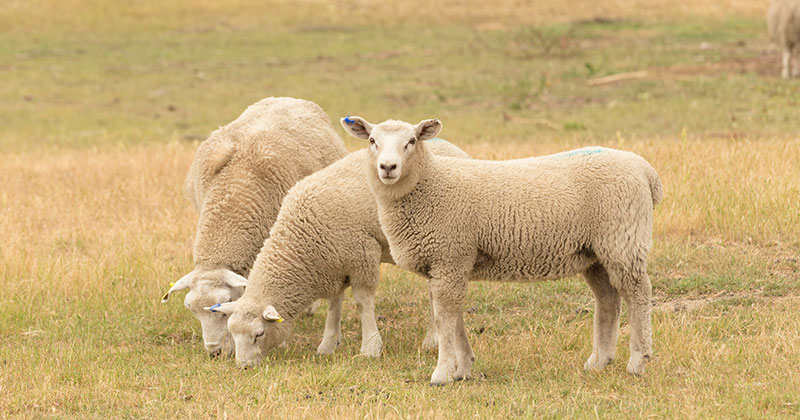It’s not as bad as wool


The lamb market continued to decline this week, and mutton managed to maintain its strength. Wool producers can take some solace from this, in a week when wool prices have been tanking, at least their stock are still worth very good money.
This time last year lamb producers were cock-a-hoop, with lamb prices busting through 800¢ and heading for new highs. With prices this week at the same level, there is much less excitement. This is especially the case for those with Merino’s.
The fall in prices slowed this week, with the Eastern States Trade Lamb Indicator (ESTLI) losing 22¢ to hit a three month low of 834¢/kg cwt. Figure 1 shows the ESTLI is at almost exactly the same level as last year, although the price trend is in the opposite direction.
Lamb slaughter did lift last week (figure 2), but remains close to last year’s lows. It will be interesting to see if lambs can keep coming, the historical trend is for rising slaughter from here, but anecdotal evidence suggests it should stay around current levels.
Mutton prices eased marginally this week, they remain over 100¢ above last year’s levels on the east coast. Sheep supply is tight, although falling wool prices might see a few more come to market in the spring. It’s still worth shearing them, with skin values not matching the wool value.
In the west lamb and mutton markets did mimic wool, falling heavily. The WA Trade Lamb Indicator (WATLI) lost 15% and mutton lost 16% (figure 3) with improving supply seeing prices fall back to first quarter levels.
What does it mean/next week?:
We might have seen the end of lamb slaughter lower than last year, as the difference has been large since May. From here things might track at similar levels, although the dearth of sheep should support both mutton and lamb markets.
The Bureau of Meteorology released their three month outlook yesterday, and the depressing picture remains (figure 4). There is little promise of drought breaking rainfall in NSW, with way too much brown on the map. The question is whether there are enough sheep out there for another supply flush to push prices lower.


